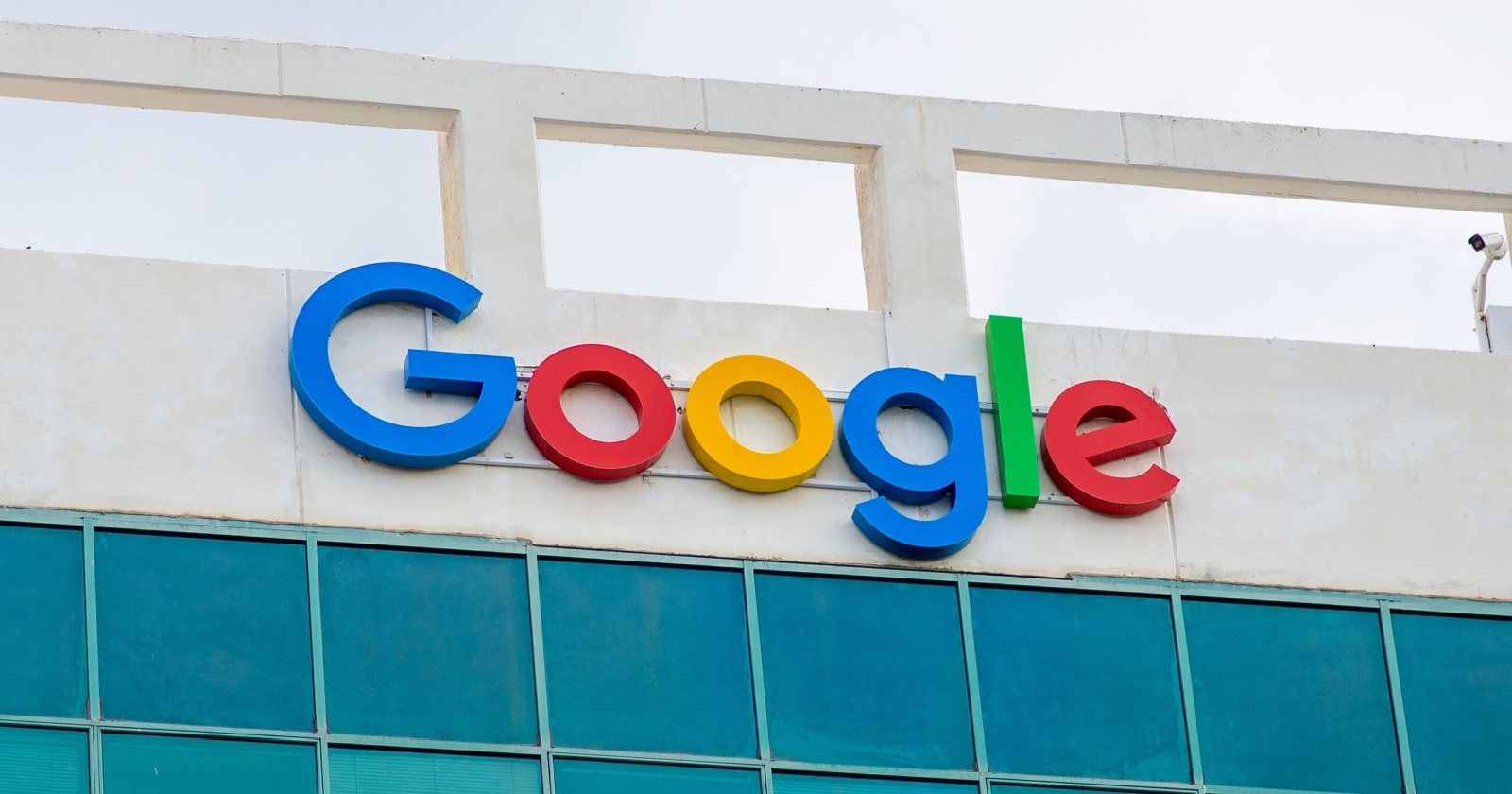Google stresses the importance of including multiple date indicators on webpages to ensure that the correct date appears in search results.
After a mistake with dates in Google News that Glenn Gabe highlighted on Twitter, Google’s Search Liaison Danny Sullivan reminds the community of the recommended practice of including multiple date signals on webpages to avoid similar errors.
Here's our guidance on dates:https://t.co/SwbFzZePsNhttps://t.co/crExeaQrVz
Understand that ideally, the meta data alone would seem to some to be enough, and we'll keep working to improve. But there are good reasons why we like multiple date signals present.
— Google SearchLiaison (@searchliaison) January 5, 2023
Inaccurate or outdated dates can lead to confusion and deter users from visiting the site.
That means Google must get it right. However, publishers must do their part by providing Google with the correct signals.
Sullivan links to Google’s documentation on influencing byline dates in search results, which states:
“Google doesn’t depend on a single date factor because all factors can be prone to issues. That’s why our systems look at several factors to determine our best estimate of when a page was published or significantly updated.”
Although Google does not guarantee that a byline date, whether visible or contained in structured data, will be displayed in search results, following its guidelines helps Google algorithms locate and process the information.
Here’s more information about how to communicate to Google which date you want it to display in search results.
Best Practices For Article Dates In Google Search Results
There are several ways to ensure that the correct date is displayed in search results:
- Use the
<time>element: The<time>element is a special HTML tag used to display dates and times. When the date is placed within this element and thedatetimeattribute is included, the exact date and time can be specified in a format that can be easily read by machines. This helps search engines understand the date and display it accurately in search results. - Use the
lastmodtag: Thelastmodtag, which is included in the<sitemap>element, is used to indicate the last time a webpage was modified. Search engines can use this information to evaluate the relevance and freshness of the page, and may incorporate it into their search results. - Use the
pubdatetag: For blog or news websites, thepubdatetag can be used to specify the date an article was published. This tag should be placed within the<article>element and will assist search engines in determining the publication date of the article. - Use the
article:published_timetag: Like thepubdatetag, thearticle:published_timetag can be used to indicate the publication date of an article. This tag, which is part of thearticle:prefix, should be placed in the<head>HTML page element.
In addition to properly using HTML tags to specify the date, keeping your content fresh can increase the likelihood of Google displaying the correct date.
Lastly, it’s important to minimize signals that could be confusing to Google, such as displaying multiple dates on the same page.
To help ensure accurate dates in News and Search, Google’s guidance states that articles should include one clear, visible date and time, ideally located between the headline and the article text.
Google is working on improving its ability to detect and display article dates with minimal signals, but it’s not quite there yet.
Until then, publishers are strongly advised to follow Google’s best practices for article dates.
Featured Image: Igal Vaisman/Shutterstock


